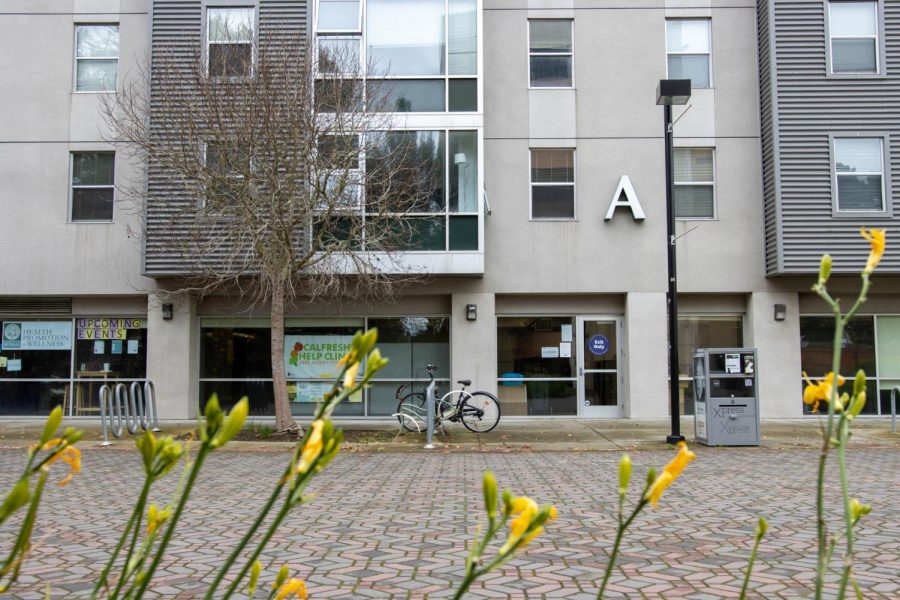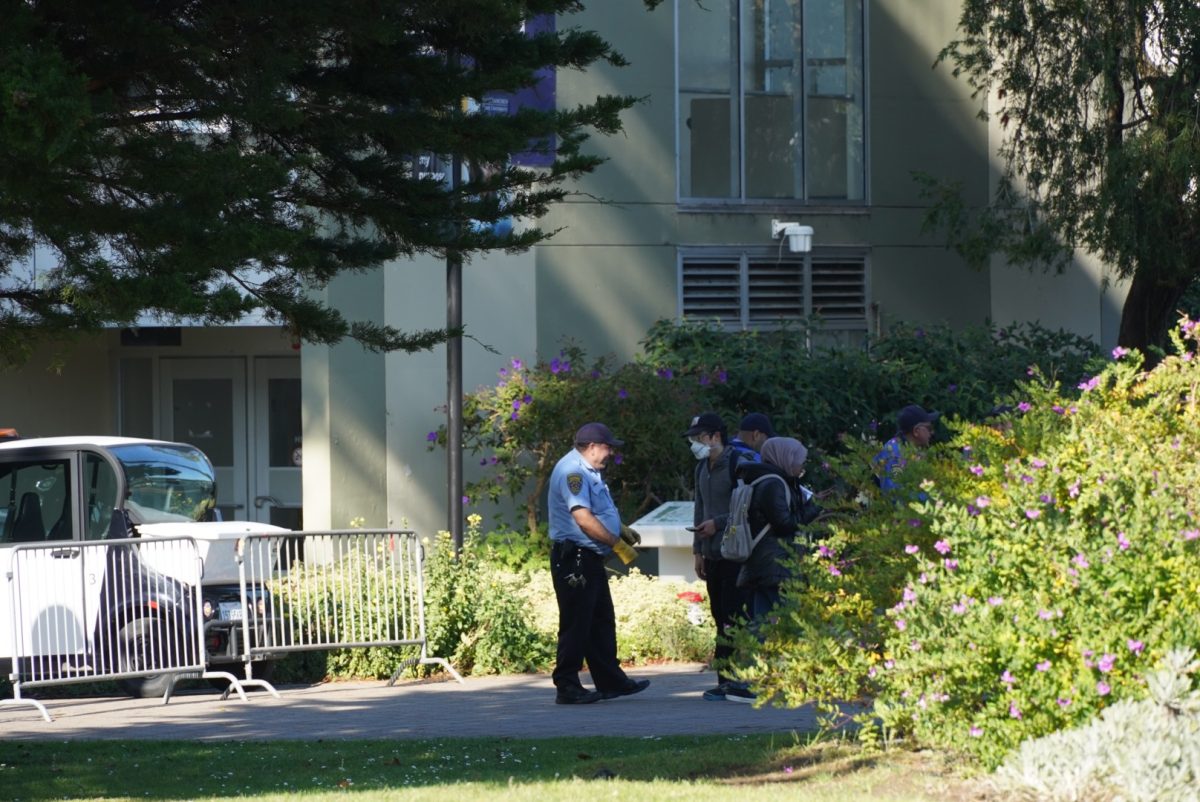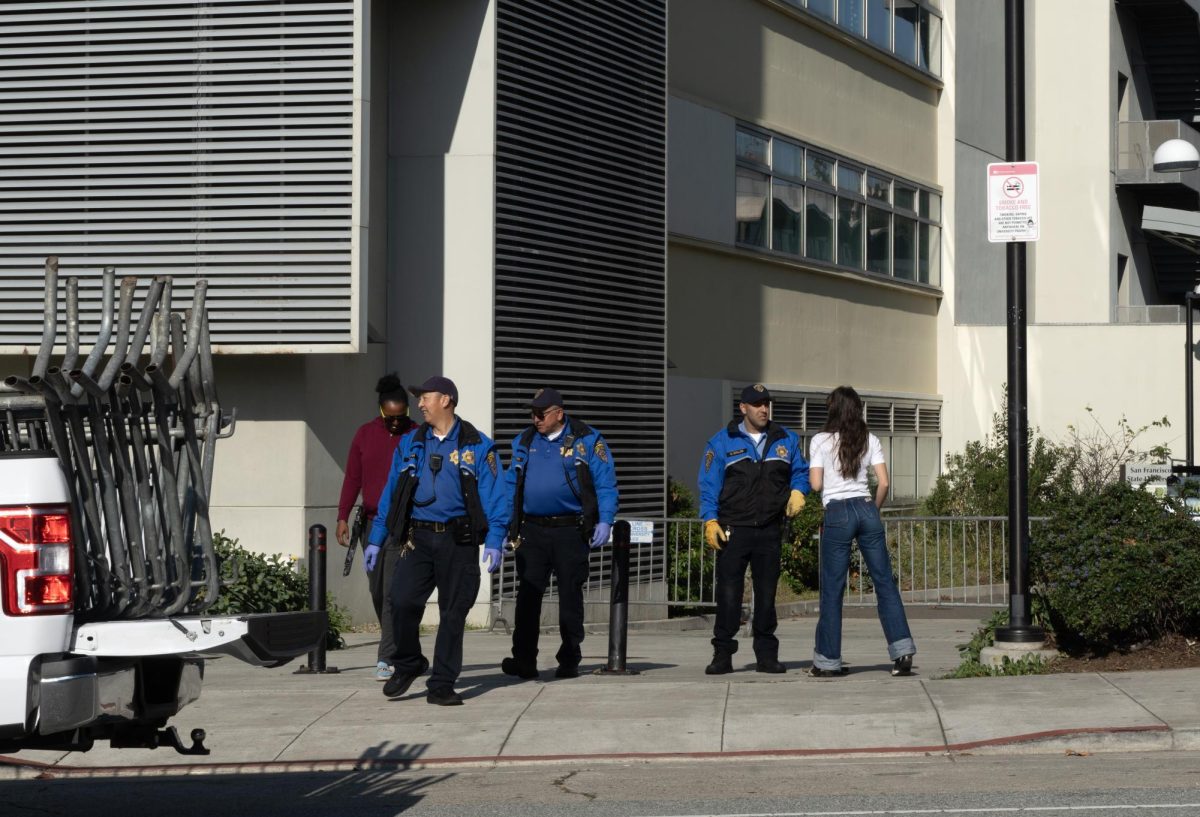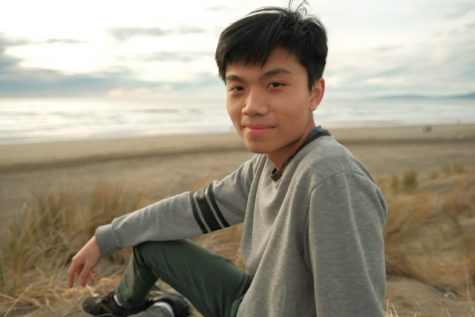When the California State University Board of Trustees adopted legislation at its Jan. 26 meeting to increase funding for mental health services, it granted what many students and faculty had been asking for years – a way to increase the number of counselors and expand resources throughout CSU.
The 2021 legislative proposal will establish the College Mental Health Services Program, appropriating money from the Proposition 63 fund to expand services at California community colleges, the University of California and the CSU system. Still, several details remain unclear, including the amount of money and a timeline of distribution.
Proposition 63, which was passed in 2004, used funds resulting from a state personal income tax surcharge of 1% on incomes over $1 million to expand mental health programs. The exact increase in funding is yet to be determined, and it is unknown as to when the information will be known, according to Hazel Kelly, public affairs manager for the CSU, in an email to Xpress.
“The general demand is that we make decisions about the budget together,” said Teresa Pratt, assistant professor at SF State and adviser at Students for Quality Education. “So faculty and students would have shared governance and staff would make decisions together about how we should use the money we have.”
The pandemic has exacerbated mental health issues in all, especially college students. The legislation, while promoted as beneficial, doesn’t directly address when aid is expected to be coming to SF State and other CSU campuses.
Pratt said that the SF State is often not very forthcoming with information pertaining to the budget, even though faculty are supposed to have access to knowledge concerning most budget decisions. “On this issue and many other issues, we are always asking the administration for more transparent information and not getting what we want,” she said.
Currently, at SF State, there are 14 counselors available for SF State students, creating a 1-to-2,000 ratio for the student body.
The International Association of Counseling Services recommends a ratio of 1,000-1,500 students per counselor. Data from a 2017 California Faculty Association report found only five schools met that ratio. The CSU system average is at 2,217.
The report also listed the benefits of student counseling to be lower attrition, improved academic performance and reduced legal liability for campuses.
Over the last year, the economic, social and emotional impacts of COVID-19 have caused the overall mental health of college students to plummet. Leslie Jaeyoun Shin, clinical counselor and outreach coordinator at SF State, wrote in an email to Xpress, “we have seen a notable increase in students seeking services for COVID-19 specific concerns including health issues, grief and loss, adjustment difficulties, physical and mental wellness, and heightened anxiety.”
Nia Hall, SF State student and intern for SQE, which works in conjunction with the California Faculty Association, tested positive for COVID-19 while staying in the resident halls on campus. She said the isolation she experienced affected her mental health greatly.
“Had I not been in the meetings that I was in with CFA, Cops Off Campus, with my comrades in SQE or at work online, I think I would have literally not been able to handle it,” Hall said.
However, when it comes to the new mental health services program expanding these services, Shin wrote, “The additional funding is still in its early stages, so the impact it will have across each CSU is not known yet.”
According to the April 2020 Academic Senate Resolution calling for increased resources for CAPS, “At times each semester when demand greatly exceeds the number of appointment slots available, unless students report that they are in crisis or seeking a brief consultation, they may need to wait 2-5 weeks for an appointment.”
“That’s a labor issue for faculty too,” Pratt said. “If you’re a counselor, you have way more work than you should. The demand would be seven more counselors at least, and that they be Black, Brown, just representative of the student body.”
For Pratt and Hall, this additional money from the Prop. 63 fund is not enough. Both are also involved with the Cops Off Campus Committee, which aims to dismantle and defund university police, reallocating those funds to go toward well-trained mental health crisis intervention teams that are unaffiliated with policing and improving existing resources for students, such as the Black Unity Center, and hiring more full-time staff for those centers.
“What if we replaced UPD staff with Black Unity Center staff who are doing all of these affirmative supports, specifically for Black students? You know, that to me is like a clear, easy, easy thing,” Pratt said.








